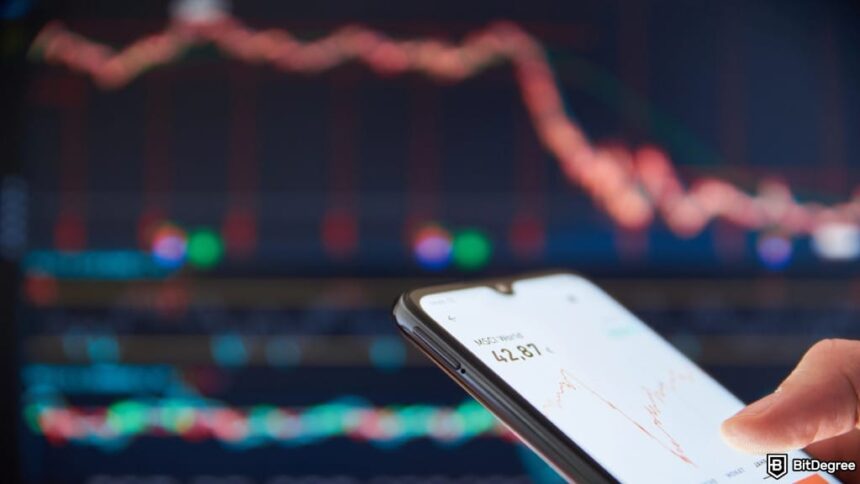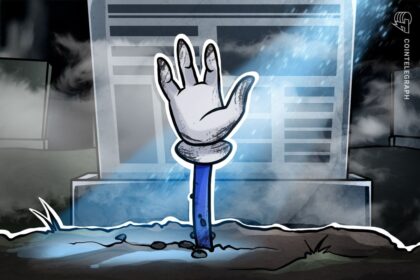Like we said a minute ago – ~$20B in leveraged trades got wiped out in a matter of hours over the weekend.
That means traders who borrowed money to make bigger bets had their positions automatically sold off as prices dropped.
It was fast… too fast? 🤨
According to Kris Marszalek, CEO of Crypto.com, it might not have been just pure bad luck 👀
He thinks that regulators should take a closer look at the exchanges that saw the most damage – because some of them might not have played fair while users were getting wiped out.
Now, here’s why he’s sussing them out:
In crypto, there’s a built-in safety system called a liquidation engine. When prices move too quickly, it automatically sells risky positions to stop things from getting out of hand – kinda like an emergency brake for the market.
But during the crash, that “emergency brake” looked more like a car skidding on ice.
Traders across several platforms said the systems lagged, froze, or showed weird prices that didn’t match the rest of the market.
That meant people couldn’t close trades, hedge their bets, or even log in – and then, booyaka, their accounts were liquidated anyway.
|
So, Marszalek started asking some Qs:
👉 Did any exchanges freeze up when prices were crashing?
👉 Were the trades priced accurately?
👉 How strong are their systems for monitoring trades and catching illegal activity?
👉 And are their internal trading teams actually kept separate from user data – or can they see when people are about to get crushed and profit from it?
Basically, he raised concerns about conflicts of interest, sketchy pricing, and a lack of transparency.
|
Marszalek’s main point was this: if exchanges can’t stay functional during volatility – or worse, if they’re making money while their users are losing it – then regulators need to take a good look at how these platforms actually run.
Because when one exchange sneezes, the entire market catches a cold – and this time, billions got wiped out in the process.
Now, it might sound… strange hearing a crypto CEO asking for more regulation. Usually, they’re doing everything they can to avoid it.
But this time’s different. His call for oversight isn’t anti-crypto – it’s more like pro-survival.
He’s basically saying: “If we want crypto to be taken seriously, we can’t keep pretending market crashes are just bad luck. We need to prove the system’s fair.”
Which he’s not entirely wrong about. Crypto is an industry that holds trillions in value, impacts millions of users, and is slowly getting into the real financial system.
And with that kind of influence comes real responsibility.
|
Now you’re in the know. But think about your friends – they probably have no idea. I wonder who could fix that… 😃🫵 Spread the word and be the hero you know you are! |












